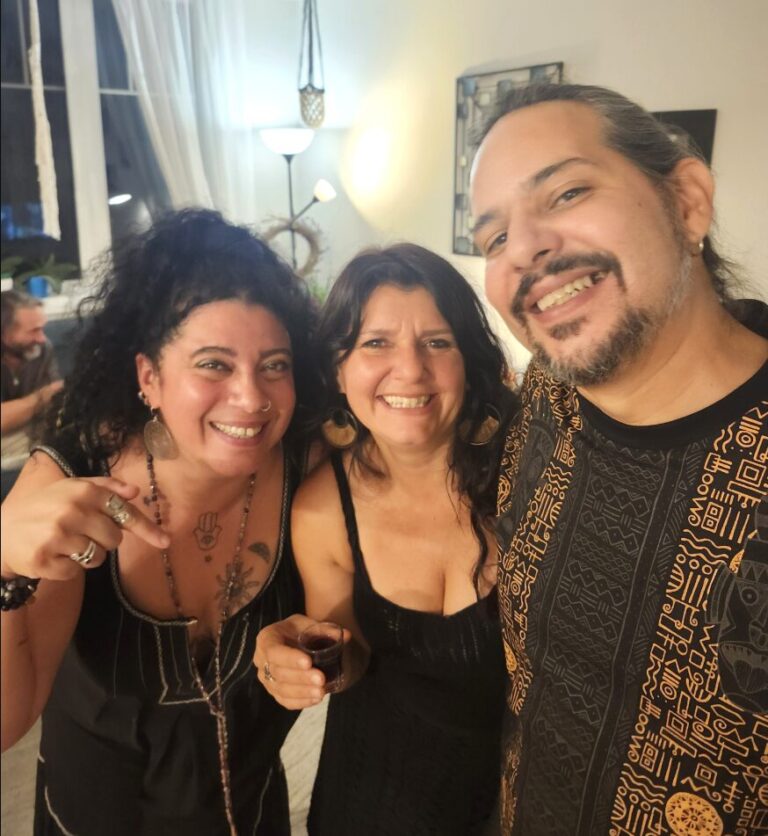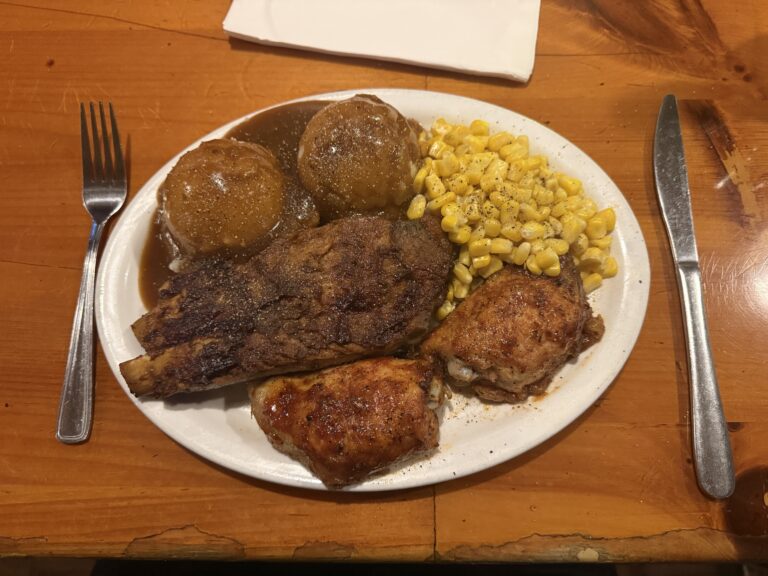
This past week, I had the delightful honour of watching the latest hyped-up concept-horror film, Cuckoo (directed by Tilman Singer). Coming out of the theatre, I had begun to think about how all these horror films that I end up loving are abstract, weird, and high concept in nature. Is there a reason for this? Let’s discuss it.
Cuckoo centers around a teenage girl named Gretchen (played perfectly by Hunter Schafer), as she navigates life in her new home with her father in the German alps. A culture-shock for Gretchen, this new life proved to come with many hardships she wasn’t prepared for, not the least of which being her mute sister who she had never before lived with.
But the main problem for Gretchen is that something is up at the resort she’s begun to work at; tourists are exhibiting weird behaviours, something is off about the owner, and she’s not allowed to work late nights. Pair this with her father’s deep distrust in her, and during the movie, Gretchen tries to run away with a girl to Paris.
In the end, Gretchen finds out that these strange acting customers, always women, are not customers at all, but rather a sort of ‘creature’ akin to humans, that the men of the region have used to father children in an effort to achieve something greater than humanity, as described by the owner of the resort, the man behind the whole scheme. As it turns out for Gretchen, her little sister Alma is one of these creatures.
But though she felt negatively towards Alma at the start of the film, through seeing Alma’s humanity in glimpses, Gretchen realized that they are sisters all the same. The third act of the movie follows Gretchen and Alma simply trying to escape capture from the resort owner and death from a deranged police officer so that they can peacefully be in each other’s company.
And so, in the end, I was satisfied with Cuckoo. Sure, part of it may have been because of the film’s eerie feeling. And sure, part of it may have been because of how unsettling the creature who was the “mother” of Alma was. These horror aspects aren’t to be ignored, but they are not what made the film great to me.
I call this phenomenon ‘thinly veiled life lessons.’ A movie such as this one seems like a horror film on the surface, but it’s so much more than that. First and foremost, this movie feels like it’s about sisterhood and found family. Despite Gretchen and Alma’s fundamental differences, Gretchen was able to see family in Alma and vice versa. The film tells a story about family being more than who you are related to, especially with the realization that the two have different mothers.
And the other great horror films of recent are the same: I Saw the TV Glow is about not feeling comfortable in your own skin, Late Night With The Devil looks at sacrifice in achieving your dreams, and how this sacrifice can be unhealthy. And A Quiet Place: Day One tells a heart wrenching tale about finding a way to keep going, even in the darkest of times.
All these films contain horror that make the viewer deeply uncomfortable, but they do this as a means to say something bigger. And, while the title of this article calls out 2024 specifically, this has always been the case with great horror. Movies like The Shining and Halloween had their own messages pertaining to the struggles of violent misogyny in the 1970s and ‘80s, for example. 2024 has just seemingly seen an increase to this phenomenon.
I want to leave you all with this: yes, it is okay to watch a movie and get basic entertainment value out of it. But the really great films, the movies that inspire people to change their lives, or maybe even to try to repair their broken bond with their sisters, are films like Cuckoo.













